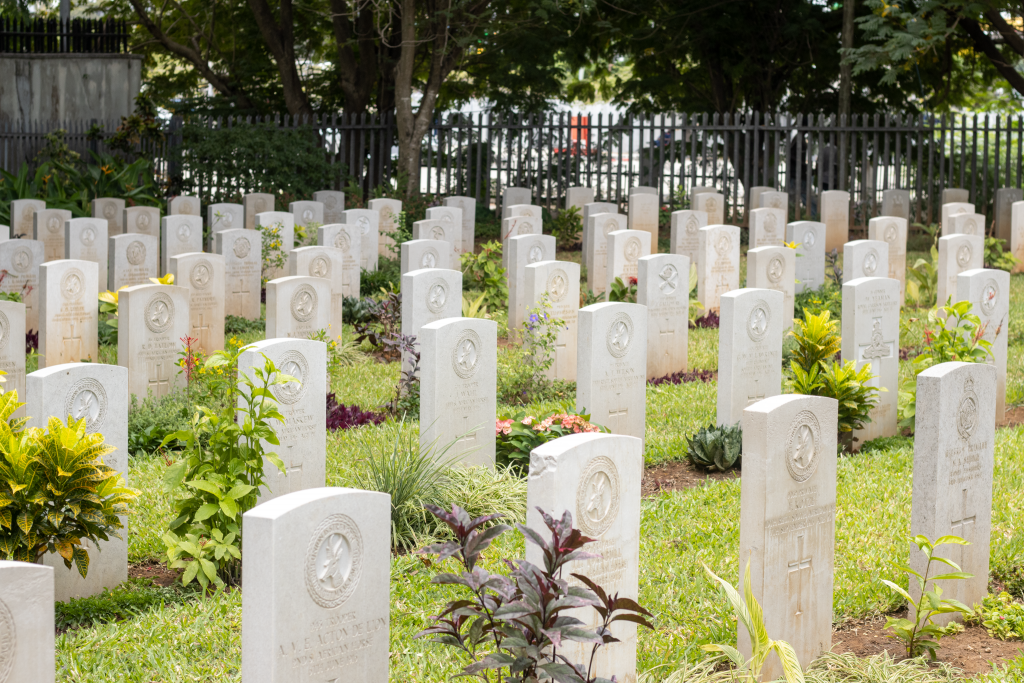We will remember them
“Where the sacrifice had been common, the memorial should be common also.” That was the stated aim of the Commonwealth War Graves Commission (CWGC) when it was set up in 1918.
“Equality of treatment” was one of its guiding principles. There was to be no distinction between officer or conscript. The industrialised nature of warfare and the sheer number of casualties in the first world war brought home the senselessness of war and the commonality in death.
It was only two years later that one officer wrote to the commission stating: “Most of the natives who have died are of a semi-savage nature and do not attach any sentiment to the graves of their dead.” Individual headstones were seen as a waste of money as they would not be appreciated by the “tribes” they would commemorate.
This view was not confined to a small number of individuals. Rather, inequality in commemoration was mandated from the very top. The colonial secretary to the governors of the British protectorates, a certain Winston Churchill, stated that “the commission would not erect individual headstones” for “natives” who served Britain. Instead, a “central memorial in some suitable locality” would be selected by the British colonial government.

The outcomes of these ideas and policy decisions are clear worldwide. As part of my Channel 4 documentary Unremembered: Britain’s Forgotten War Heroes, I visited one of the most shocking examples at Voi in Kenya.
The cemetery is an incredible representation of commemoration of those who died in the East Africa campaign. Just a couple of hundred metres away, in a patch of scrubland where rubbish is dumped and dogs pee, lie the bodies of African soldiers who died in the same campaign.
As the Commonwealth War Graves Commission admits in a recent report, hundreds of thousands of soldiers who died for Britain went unremembered, simply because of their race. Many elements of Black and Asian history have been erased to sustain the narrative that the British empire benefited its subjects more than it took away from them. This is but one example.
Both in the UK and abroad, communities are telling those stories that our governments and institutions have failed to tell. From the museum operated by residents in Voi to Black History Haringey 365 in my constituency, people are sharing the stories of those that have been ignored by those in power.
Earlier this year, Irish president Michael D Higgins wrote: “A feigned amnesia around the uncomfortable aspects of our shared history will not help us to forge a better future together”.
This country cannot be selective in its approach to history. It cannot be left to individuals to commemorate those who gave the ultimate sacrifice. We must move forward from this scandal with no stone unturned, with no individual forgotten.
David Lammy is the shadow secretary of state for justice and the Labour MP for Tottenham, London
